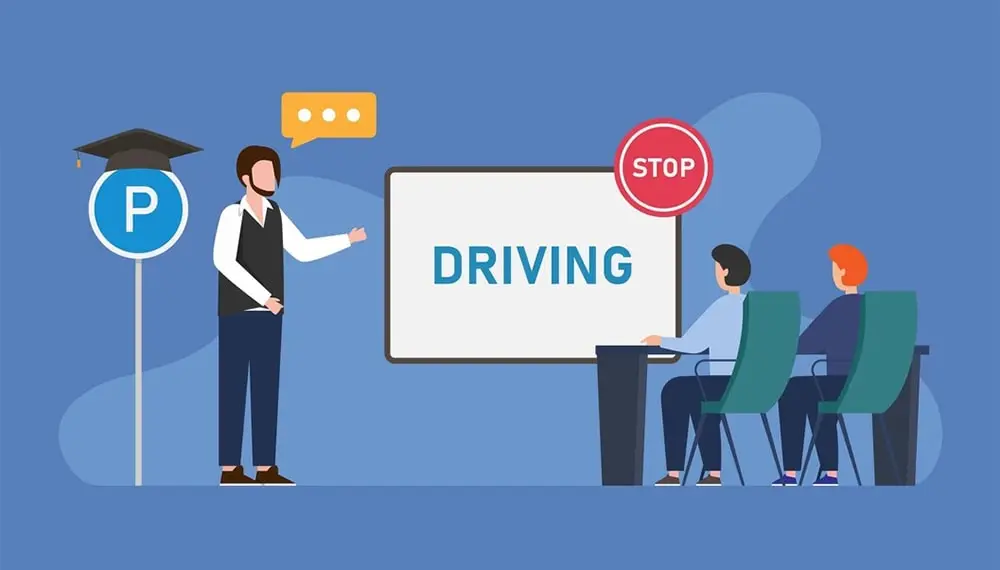The Importance of Problem-Solving Skills in Today's Workplace
Rohit Kumar
25 Aug, 2023

In the fast-moving and constantly changing world of business, the ability to solve problems quickly and effectively is no longer just a nice-to-have skill—it's a critical one. Across industries, from technology to manufacturing, companies increasingly recognize the significance of employees who can confidently tackle complex challenges. In fact, nearly 90% of employers actively seek out candidates with strong problem-solving skills during the hiring process.
Problem-solving in a work environment is not a single, straightforward ability. Instead, it combines different competencies, such as analytical thinking, creativity, and the capacity to make decisive choices. Those who excel in solving problems recognize issues as they arise and are adept at developing innovative solutions tailored to their organization's specific needs and context.
These individuals approach challenges with a mindset that turns obstacles into opportunities. This perspective is precious in collaborative settings where diverse ideas and approaches are essential for resolving complex issues. Employees equipped to face challenges head-on contribute to creating an adaptable and resilient workforce capable of responding to changes and seizing new opportunities.
How to Identify Problem-Solving Skills in Employees?
Recognizing employees with problem-solving skills is crucial for HR professionals and team leaders, as it can directly affect a company's performance and innovation efforts. While many job candidates claim to be proficient problem solvers, looking beyond self-reported abilities and observing behaviors that reflect these skills in practice is essential.
One of the most effective ways to assess problem-solving capabilities during recruitment is through situational or behavioral interview questions. These questions ask candidates to explain how they handled a difficult or unexpected situation in the past.
For example, asking how a candidate managed a sudden project crisis or navigated an unforeseen obstacle can provide practical insight into their problem-solving approach. Their response can be evaluated based on how they assessed the situation, weighed their options, and made a decision.
In addition to interviews, HR professionals can use assessments like abstract reasoning tests to measure a candidate's logical thinking abilities and problem-solving potential. These assessments can show how well individuals process information, recognize patterns, and apply logical solutions—skills integral to practical problem-solving.
For current employees, problem-solving skills can often be observed in everyday tasks. Employees who proactively address challenges, seek information, and ask thoughtful questions are usually those with strong problem-solving abilities.
Performance reviews and 360-degree feedback are also valuable tools for identifying these skills. By gathering feedback from various colleagues, managers can gain a more comprehensive view of an employee's problem-solving strengths and areas where they might need improvement.
Developing Problem-Solving Skills in Your Team
Once you've identified the problem, your team's problem-solving strengths should be used to further these skills. Like any other skill, problem-solving can be improved with proper training and practice.
One effective strategy is to incorporate problem-solving exercises into your regular training programs. These exercises can mimic real-world challenges, providing opportunities for employees to practice critical thinking, creativity, and decision-making in a controlled setting.
Cultivating an environment that encourages experimentation and learning from mistakes is essential for cultivating problem-solving abilities. Employees should feel comfortable suggesting new ideas and solutions without fearing failure.
Mistakes should be viewed as prospects for learning rather than setbacks. Shifting this mindset can help your team feel more confident in tackling complex issues and thinking outside the box.
Collaboration is another crucial element in developing problem-solving skills. Encouraging team members to work together on challenges allows them to combine diverse perspectives and skills, leading to more creative and effective solutions.
Team-building activities focusing on problem-solving can also enhance this collaborative mindset, helping team members understand each other's strengths and how to best apply them when addressing challenges.
Leadership plays a significant role in nurturing problem-solving skills within a team. Leaders can set a strong example by demonstrating how they approach and resolve challenges, make decisions, and learn from the results. By modeling effective problem-solving behaviors, leaders can inspire their teams to embrace similar approaches.
Why Choose Core Competency?
With over 20 years of experience in talent management and corporate training, Core Competency offers a wide range of solutions to develop problem-solving skills across all levels of your organization.
Our approach includes cutting-edge technology and evidence-based practices designed to deliver measurable results. Whether you're using our competency management systems, customized e-learning modules, or team-building workshops, we ensure your employees not only learn but also apply problem-solving strategies in their daily work.
Our programs are adaptable, scalable, and relevant to your business needs. They give your teams the tools to tackle current and future challenges confidently. Focusing on practical applications, we help your employees become more effective problem solvers, which leads to better decision-making and improved performance.
Our Interview System is designed with advanced tools such as psychological profiling and online assessments, our system provides deep insights into candidates' abilities and potential. This ensures that the right skills and cultural fit align with the needs of your organization.
Our solution streamlines pre-hire assessments, offering standardized screening that promotes fairness and consistency in every evaluation. By incorporating attitude and personality profiling, the system helps you build cohesive teams that share your company’s values and vision.
Contact Core Competency today to learn how we can help your organization enhance its problem-solving skills and ensure long-term success.




